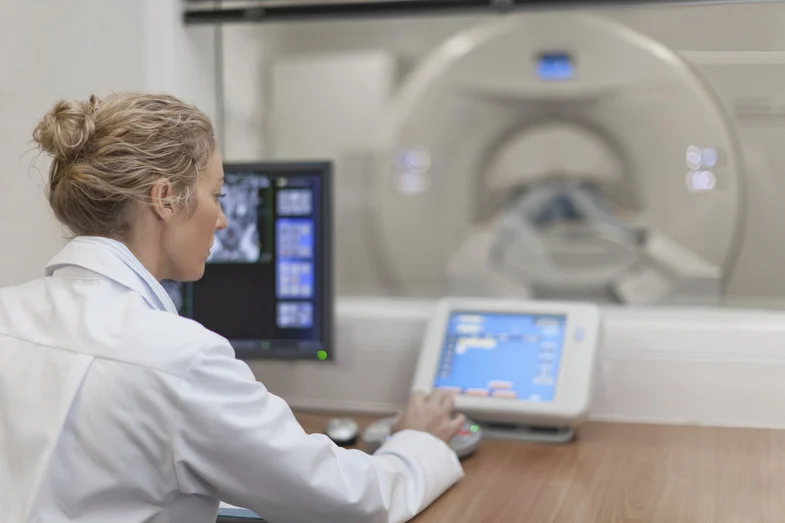
Recent advancements in brain imaging are fundamentally reshaping the field of mental health, enabling more precise diagnoses and personalized treatment strategies. These innovations provide researchers and clinicians with sophisticated tools to detect and address mental health conditions with unparalleled accuracy, offering transformative potential for millions of individuals. Below are five groundbreaking brain imaging technologies that are redefining the future of mental health care.
Functional MRI: Mapping Brain Activity
Functional magnetic resonance imaging (fMRI) monitors brain activity by tracking blood flow, offering insight into active regions during specific mental processes. This technology has significantly advanced the understanding and treatment of conditions such as anxiety, depression, and PTSD. For instance, researchers at Stanford University have used fMRI to identify neural markers associated with depression, enabling more precise diagnoses and targeted therapies. In one notable case, a patient with chronic depression experienced substantial improvement after her treatment plan was adjusted based on fMRI insights, underscoring the transformative power of this technology in clinical applications.
PET Scans: Decoding Neurotransmitter Systems
Positron emission tomography (PET) scans offer a unique perspective on the brain’s neurotransmitter systems, which play a vital role in mental health. By measuring neurotransmitter levels, PET imaging has enhanced the understanding of disorders such as bipolar disorder, schizophrenia, and depression. This deeper insight allows clinicians to prescribe more effective, tailored medications that address specific chemical imbalances. Additionally, PET scans are invaluable for tracking therapeutic progress and disease progression, solidifying their status as a cornerstone in the development of more precise and patient-specific mental health treatments.
Diffusion Tensor Imaging: Exploring Brain Connectivity
Diffusion tensor imaging (DTI), a specialized form of MRI, maps the white matter pathways that connect various brain regions. Disruptions in these pathways have been linked to conditions such as autism, ADHD, and brain injuries. By visualizing these networks of connectivity, DTI has enabled earlier diagnoses and informed therapies aimed at improving neural communication and cognitive function. Furthermore, researchers are leveraging DTI to investigate brain plasticity, recovery mechanisms following injuries, and the underlying processes of developmental and neurological disorders. This technology holds significant promise for advancing our understanding of the brain’s adaptability and healing capacity.
Enhanced EEG: Real-Time Brain Monitoring
Electroencephalography (EEG) has long been a foundational tool in the study of brain activity, and recent innovations have expanded its capabilities. Modern EEG systems now facilitate real-time monitoring of brain signals, offering critical insights into conditions such as epilepsy, ADHD, and depression. A notable application involves EEG-guided neurofeedback, a non-invasive therapy that has demonstrated efficacy in reducing anxiety, improving focus, and enhancing cognitive performance. Researchers are also exploring its application in managing neurodegenerative disorders like Alzheimer’s and Parkinson’s disease, ensuring EEG remains a pivotal tool in both research and therapeutic settings.
Predictive Models for Personalized Treatment
A particularly noteworthy advancement in brain imaging is the development of predictive models that forecast individual treatment responses. By analyzing brain imaging data, these models identify patterns that determine whether a patient is more likely to benefit from psychotherapy, medication, or alternative therapies. This approach is revolutionizing mental health care by minimizing the trial-and-error process of identifying effective treatments. Predictive models also provide crucial insights into the biological underpinnings of mental health disorders, enabling earlier interventions and improving long-term outcomes.
Dr. Hudson Psychiatrist, a leading psychiatrist and CNS researcher combines advanced brain imaging techniques with personalized treatment strategies to enhance mental health care. Dr. Craig Hudson, a seasoned expert with over 30 years of experience and training from the University of Toronto, focuses on CNS research and the development of innovative treatments for mental health conditions. Innovations are transforming healthcare by enhancing diagnostics, enabling early treatments, and personalizing care for improved patient outcomes globally.
